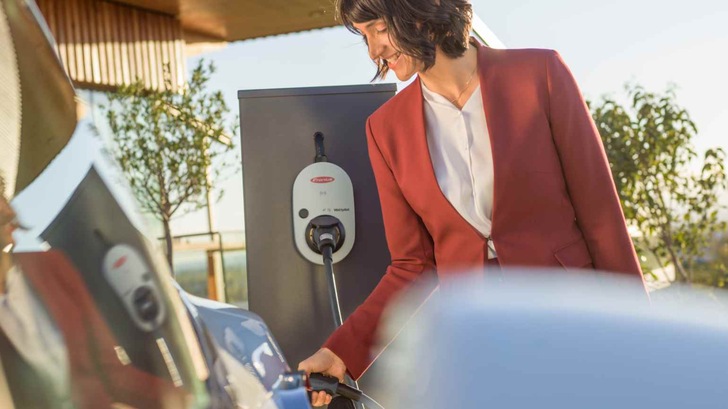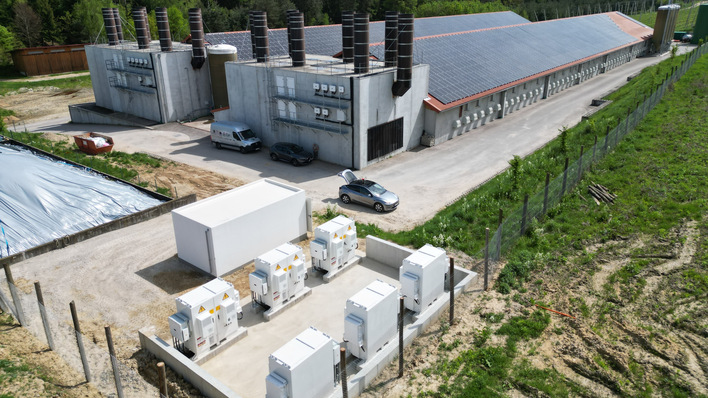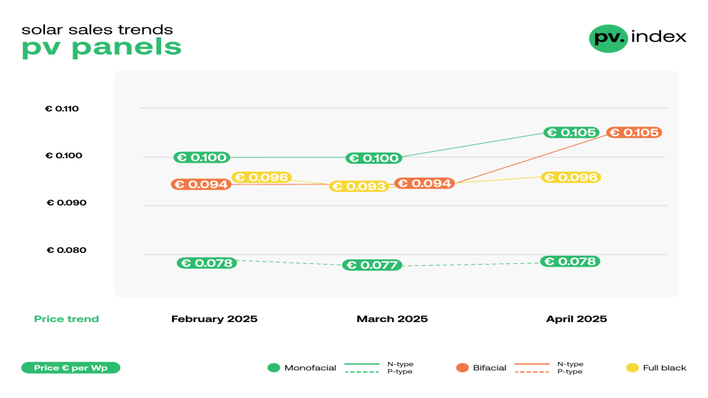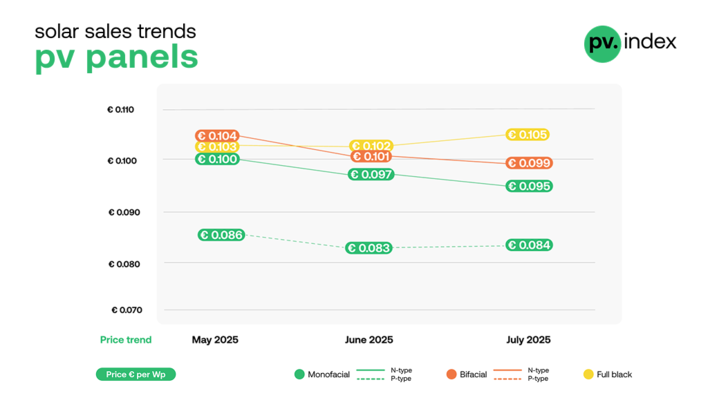The latest Fronius e-mobility innovation is Fronius EMIL – an intelligent charging management solution for electric car fleets, which has been developed for commercial customers. Power is intelligently supplied to the vehicles with user-based charging and is individually coordinated with the company-wide electricity consumption.
Fronius EMIL ensures that lines and equipment are not overloaded, thereby guaranteeing operational reliability. This makes the infrastructure more cost-effective and saves money. The intelligent charging management can be implemented anywhere and is extremely flexible. For example, any number of utility meters and charging points can be controlled without any additional hardware.
Fronius Wattpilot. Designed to move.
More and more companies are upgrading their vehicle fleets to electric cars, for obvious reasons. E-mobility is more sustainable than fossil fuels and also brings financial benefits. Driving is more economical in an electric car and the intelligent Fronius Wattpilot charging station optimizes these costs even more thanks to flexible charging.
See also: Fronius looks back at the last 30 years and forward to the future
E-mobility in combination with photovoltaics (PV) is the best example of a practical yet cost-effective way to implement the energy transition. The Fronius Wattpilot comes in two versions – the static Wattpilot Home for the fleet of electric vehicles at the company’s premises and the mobile Wattpilot Go for when users are on the move.
Fronius IPP. Solar energy without the investment
Electric cars can be charged in a particularly cost-effective and flexible manner with power from a company’s own photovoltaic system. What’s more, charging the electric vehicle fleet in this way allows a large amount of the company’s self-generated solar power to be used at source, which in turn means the PV system delivers a full return on investment even more quickly.
Also interesting: 50 car-sharing electric vehicles to be used as power banks
In addition to the economic advantages, ecological arguments are playing an ever-increasing role. Charging electric vehicles with green, local power from an in-house PV system also reduces CO2 emissions. (mfo)








